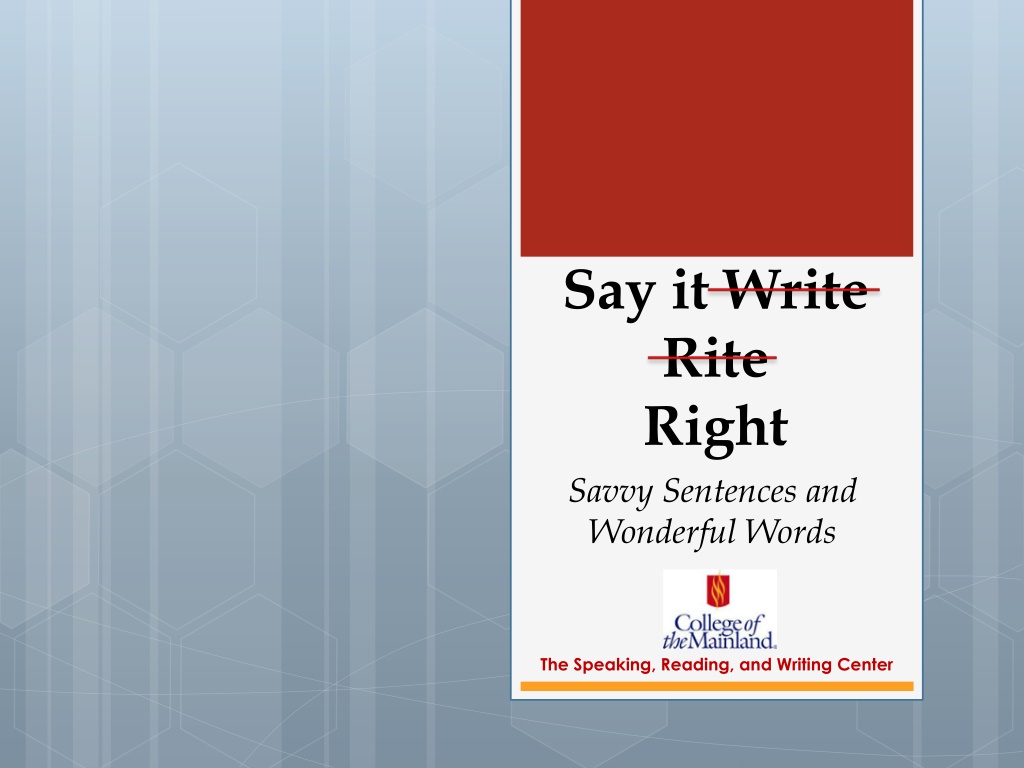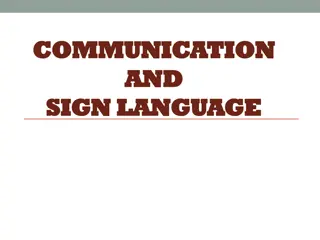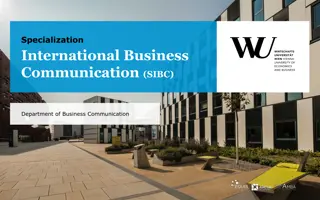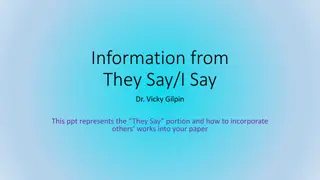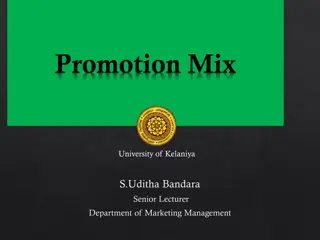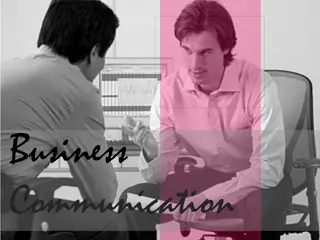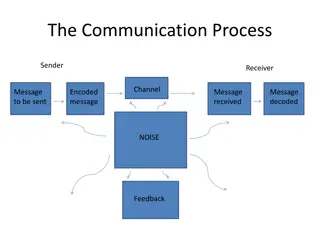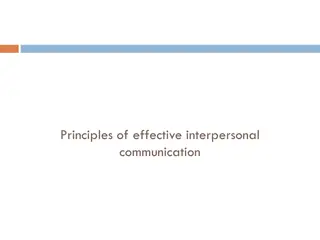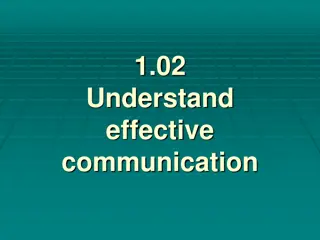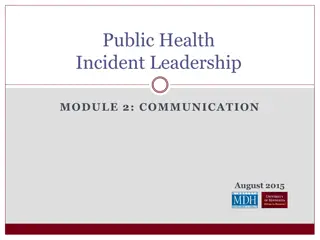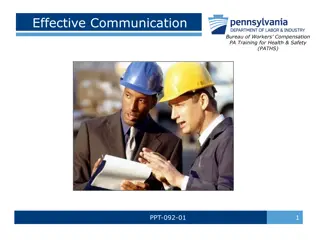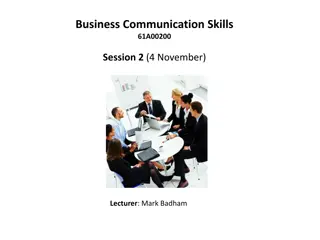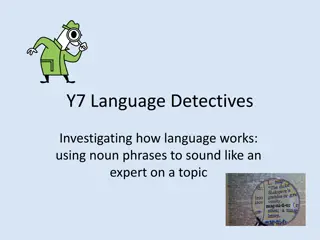Mastering Language: Say It Right for Effective Communication
Enhance your communication skills with tips on avoiding colloquialisms and slang, understanding denotation and connotation, and improving word choice. Discover the nuances of informal language and how to refine your writing for academic success and effective expression.
Download Presentation

Please find below an Image/Link to download the presentation.
The content on the website is provided AS IS for your information and personal use only. It may not be sold, licensed, or shared on other websites without obtaining consent from the author. Download presentation by click this link. If you encounter any issues during the download, it is possible that the publisher has removed the file from their server.
E N D
Presentation Transcript
Say it Write Rite Right Savvy Sentences and Wonderful Words The Speaking, Reading, and Writing Center
Say it Right Say what you mean and mean what you say, and that way, nobody gets hurt Save yourself from: potential humiliation poor grades Social media hazing Polish up your sentences and make masterful vocabulary choices with this helpful review
Say it Right 1. Can the colloquialisms & skip the slang 2. Note denotation and connotation 3. Use a dictionary more and a thesaurus less 4. Thoroughly review for spelling, grammar, and tricky word choice errors
Colloquialisms Colloquialisms are informal words and expressions that work well in conversation, but not academic writing, like: That s the way the cookie crumbles. I wasn t born yesterday. He s a penny pincher. She s older than dirt. The following use of colloquialisms would NOT be appropriate for most essays: The main character of the story was an honorable man, and the heroine hated to see his name run through the wringer like that. But, that s the way the cookie crumbles. Instead, write this: The main character of the story was an honorable man, and the heroine hated to see his name defamed in the meritless accusations. But unfortunately, life is not always fair when one has no money or social standing.
Slang Slang is another form of informal language, and it can also include things like text-talk or misused forms of words. It may work for Facebook, but not for homework: Follow standard capitalization and spelling rules. Do not use emoticons like or in the text of assignments or digital correspondence, unless an instructor has specifically given you permission. Generally, cursing is not appropriate in academic writing. (In some narrative it may be appropriate check with your instructor if you are not sure).
Denotation/Connotation Words have both a denotation (literal meaning) and connotation (associated meaning). Things get tricky because connotations can be very subtle or nuanced, making it easy to use a word incorrectly or misinterpret what was meant by what was said. Irony and sarcasm can also come into play, as seen below:
Denotation & Connotation Be careful when choosing your words that you are considering both denotations and connotation Some people are set in their opinions, a quality that can be described positively as persistent, firm, and steadfast, or negatively as stubborn, bull-headed, and close-minded (Faigley 173). She was persistent in defending academic freedom. She was close-minded when it came to tenure. The overuse or careless use of a thesaurus can lead writers into conflicts of understanding with denotation and connotation
Wrong Word Choice Relying on a thesaurus can also result in a wrong word choice when words have slightly nuanced meanings, or connotations.
Dictionary & Thesaurus Overreliance on the thesaurus often leads to writers choosing words without fully understanding their connotation. Instead, writers should spend more time working with dictionaries to be sure they fully understand all word choices. Before substituting a thesaurus word for your own, look it up in the dictionary to be certain of all possible nuances of meaning
Dictionary & Thesaurus Sometimes students try to hard to sound academic in their writing, but end up producing confusing text. Focus on simplicity first. Don t use words that you can t define in your own words. And most importantly, let your voice shine; don t try to mimic the voice of other writers.
Close Editing Careless mistakes happen often and easily, which is why writers should always edit closely for spelling, grammar, and word choice errors even the professionals can miss one now and then
Close Editing Even the spell-checking software in MS Word can make mistakes (and often does) because it does not consider differences in connotation or homophones.
Word Choice Correctly spelled words can still be an absolutely incorrect choice for your sentence
Word Choice Correctly spelled words can still be an absolutely incorrect choice for your sentence
Word Choice Correctly spelled words can still be an absolutely incorrect choice for your sentence
